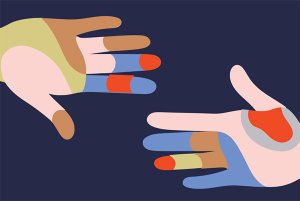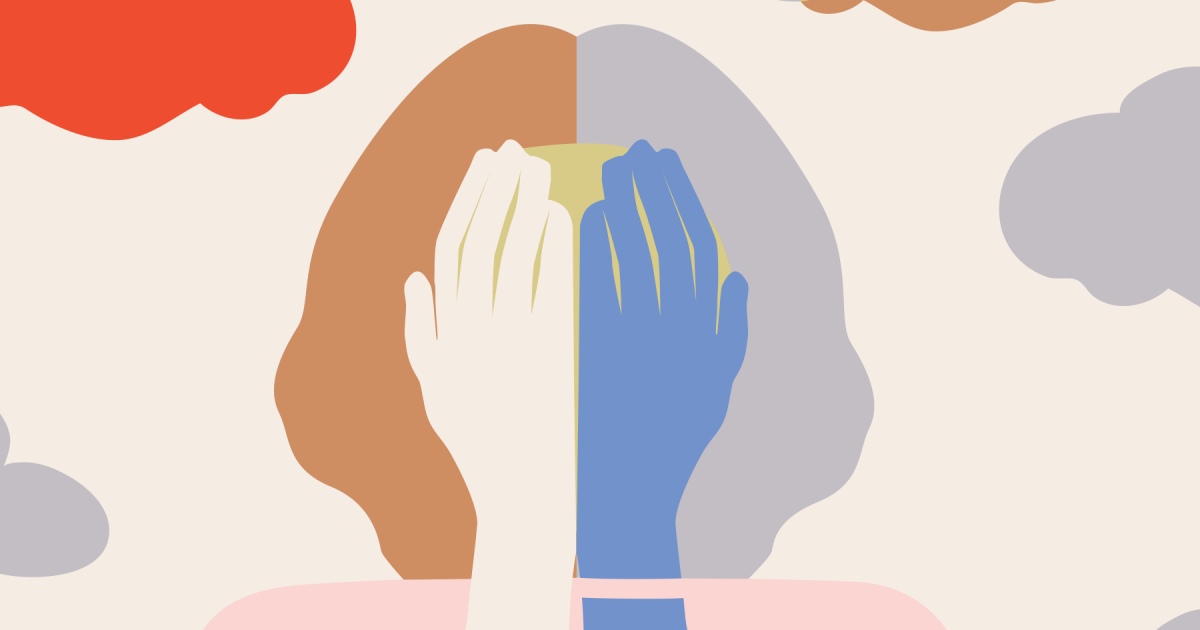A cancer diagnosis has the potential to throw your entire life into disarray, impacting both your physical and mental wellbeing. At SurvivorNet, we believe treating the whole person is imperative, so we've teamed up with Dr. Marianna Strongin to leverage her expertise as a licensed clinical psychologist. Dr. Strongin will answer SurvivorNet reader questions on topics ranging from grief to breaking free from isolation and everything in between. (You can submit your questions here.)
*****
Read More
The five stages of grief are denial, anger, bargaining, depression and acceptance. These labels are tools to help us frame and identify what you may be feeling. They are not linear and can occur in a variety of ways. As you find yourself experiencing some of these stages, it is important to remember that the emotions you are feeling are meaningful yet temporary. If you approach them with compassion, kindness and eventually acceptance, you will come away from this period in your life more connected to your resilience and strength.
One trick to learning to accept less than optimal news is to keep Dr. Tara Brach's acronym RAIN in mind. RAIN stands for: RECOGNIZE and pause to notice; ALLOW, or accept your current experience; INVESTIGATE, by pinpointing what is happening in your mind and body; then NURTURE, by bringing compassion to yourself.

*****
I am a 49-year old man who was diagnosed with breast cancer. I went to the doctor because I kept seeing small red dots on my shirts. I have my mastectomy scheduled for the end of this month, but I am scared. I don't want to talk to my friends or my family about this, and I've read that support groups are a good resource, but I have yet to find my voice in these groups. I've gone to a couple, but I continue to feel alone as there are no other men who have breast cancer — I haven't met one! I see the importance of these groups as a lot of people can relate to one another but I don't have that. I feel ashamed, scared and alone.
Dr. Strongin: Thank you for sharing these feelings. Receiving a cancer diagnosis is scary on its own, but having to navigate this diagnosis and treatment alone can absolutely lead to increased shame, fear and loneliness.
It sounds like being "different" from others is causing you to withdraw and isolate. We often do this because of the story we tell ourselves. In your case having a rare diagnosis is making you more resistant to sharing, learning or connecting with others.
In Dialectical Behavioral Therapy there is an important skill called "opposite action" which tells us to do the opposite of what we feel like doing when we are having an intense emotion. In this case, the opposite of the urge to hide is to "come out." Sharing our shame with a safe and trusted other is often the last thing we feel like doing but a critical way to change our story and outlook.
Knowledge is power, and I am certain that by opening up to others you will begin to feel more connected, less alone and more in control.
Learn more about SurvivorNet's rigorous medical review process.


